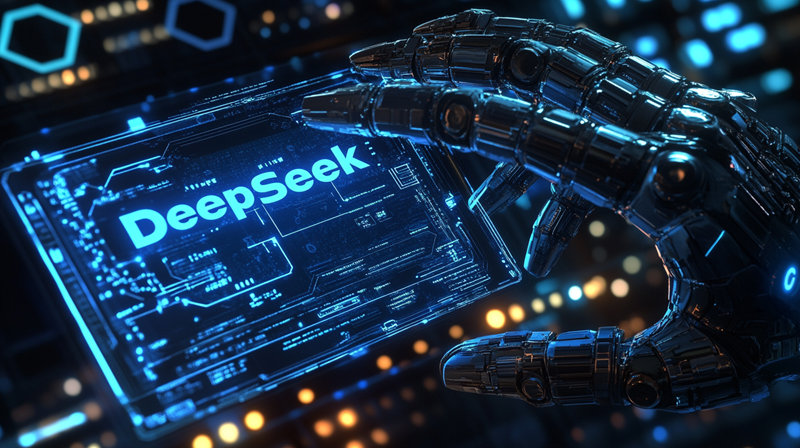ABBA co-founder Björn Ulvaeus has issued a stern warning: generative artificial intelligence poses a serious threat to the survival rights of music creators. A recent economic research report from the International Confederation of Societies of Authors and Composers (CISAC) indicates that by 2028, music artists could lose about one-fifth of their income.
This shocking study reveals the potential destructive impact of AI on the creative industry. The report predicts that creators in the music and audiovisual sectors face income losses of 24% and 21% respectively, which translates to a cumulative loss of €22 billion over the next five years. In stark contrast, revenues for generative AI providers are expected to surge from €300 million to €9 billion during the same period.

Image source note: Image generated by AI, licensed from Midjourney
Ulvaeus bluntly criticized tech companies for using artists' works "without permission and compensation," calling it "extremely unfair." ABBA has even become embroiled in copyright lawsuits against AI music startups Suno and Udio, accusing them of unauthorized imitation and replication of their musical style.
Despite his concerns about AI, Ulvaeus maintains an open attitude towards technology. He believes AI has the potential to be a revolutionary tool for music creation. He envisions that if AI had existed in the 1970s, ABBA might have used it to assist in writing lyrics or experimenting with different musical styles.
This report highlights a key issue: how to find a balance between technological innovation and the rights of creators during this technological revolution. Ulvaeus calls on policymakers to establish a regulatory framework that ensures artists can receive fair compensation.
For the music industry, this is not just a technological revolution; it is a survival battle that requires careful navigation. AI indeed brings infinite possibilities, but it also poses a severe challenge to the livelihoods of creative workers.










